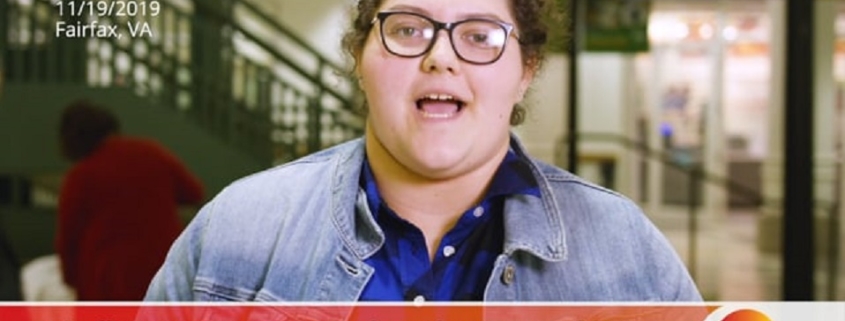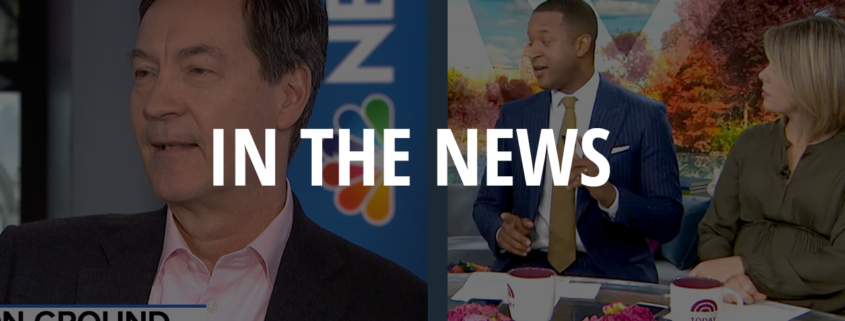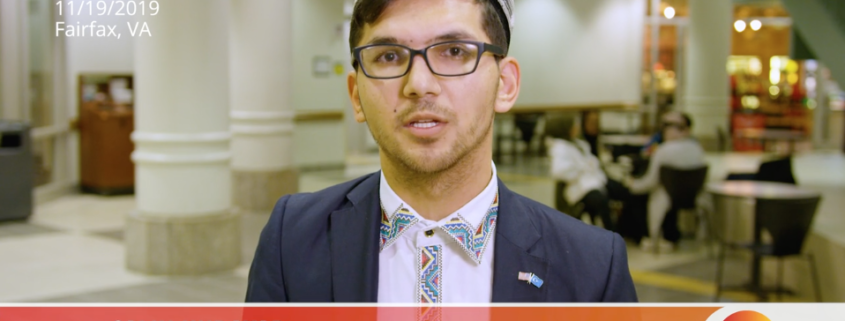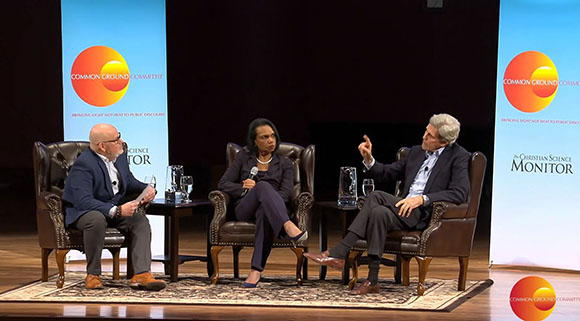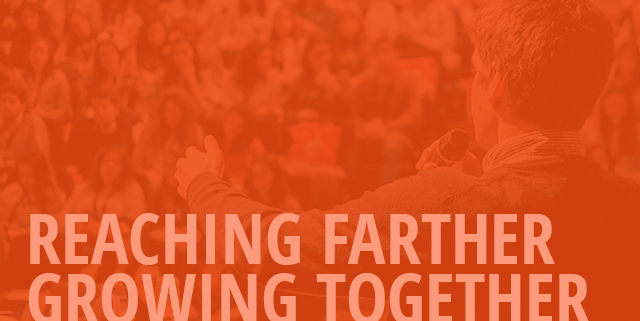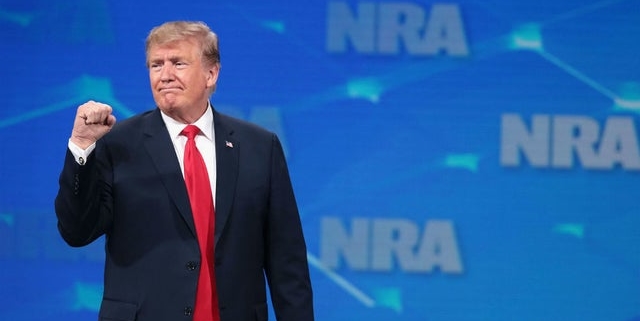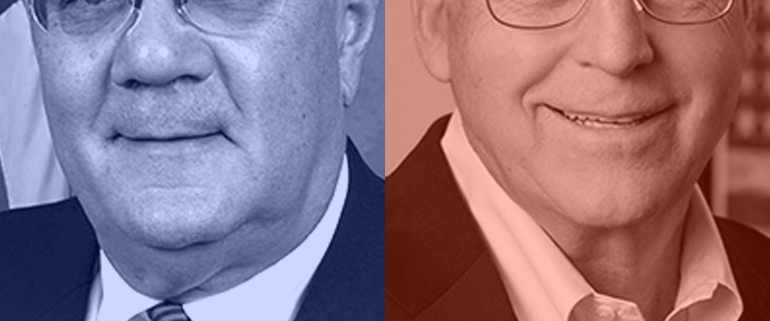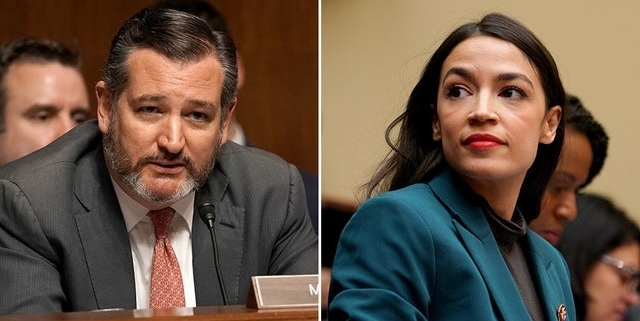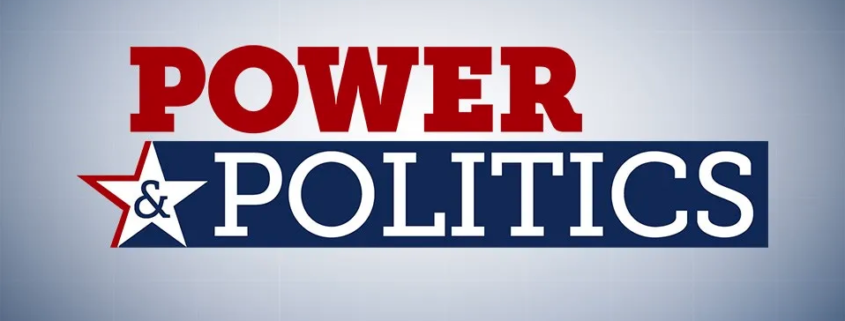Common Ground Committee co-founder, Erik Olsen, shares his thoughts and views on two of the countries current most polarizing political figures Freshman Rep. Alexandria Ocasio-Cortez (D-N.Y.) and Senator Ted Cruz (R-Texas) coming together through an unlikely dialogue and shows how common ground can be found between both sides of the aisle.
The week of May 27, 2019, seemed like a typical one for U.S. political discourse. Fox News Host Sean Hannity accused Special Counsel Robert Mueller of being “full of crap” while a columnist for the Nation referred to President Trump as the “narcissist-in-chief.” One simple Twitter exchange stood out among the noise.
Freshman Rep. Alexandria Ocasio-Cortez (D-N.Y.) made a call on Twitter to ban former members of Congress from lobbying. Not long after, Sen. Ted Cruz (R-Texas) chimed in, suggesting the two start a dialogue and team up for a bill. It was a rare moment of civil dialogue and agreement between two leaders typically seen as the most extreme in their respective parties. It was followed by the two also finding some agreement on the issue of birth control and beginning to collaborate outside Twitter.
It shows that common ground is not just for moderates.
Banning members of Congress from going into lobbying is something that should have bipartisan support. But action hasn’t been taken since 2007 when the Senate passed the Honest Leadership and Open Government Act. This fact is a reflection of a toxic culture of polarization that has plagued our politics — both inside and outside of DC — and has caused members of the opposite party to be viewed first with suspicion, and then as enemies rather than potential partners.
The numbers back this up. The percentage of Americans who view the opposing side as unfavorable has doubled in the last two decades. And a recent poll from Georgetown University found that 90 percent of voters are concerned about incivility in politics.
To be sure, dialogue between Rep. Ocasio-Cortez and Sen. Cruz will not solve our country’s civility problem. In fact, since their initial dialogue, Sen. Cruz called a critic from The New York Times a “leftist” and accused her of racist tweets. Rep. Ocasio-Cortez, meanwhile, dismissed a presidential candidate who disagreed with her about Medicare for All. But while the agreement between the two may not solve all our problems or lead to a substantive policy change, it sets the stage for less vitriol and more civil dialogue.
It’s true that the ultimate goal of finding common ground is to find agreement on policy issues. But before that can happen, you have to understand and empathize with the other side. Conversation in and of itself will not solve all our problems, but without it, we eliminate an important step towards tearing down the stereotypes that exist about the other side.
Conservative media has denigrated Rep. Ocasio-Cortez as a “little girl” and compared her policies to Joseph Stalin. Sen. Cruz has been on the receiving end of his share of attacks, too. Beto O’Rourke echoed President Trump by calling him “lyin’ Ted” during Cruz’s successful re-election campaign. Perhaps by having this dialogue on lobbying, Rep. Ocasio-Cortez and Sen. Cruz will see beyond these negative portrayals of each other and find areas of agreement.
There has been a long and fruitful history of ongoing civil dialogue between opposite sides in government. During a recent forum held by Common Ground Committee, a nonprofit I co-founded to promote civility in politics, former Secretary of State John Kerry reflected on a time when he and his Republican colleagues could have dinner at Sen. Ted Kennedy’s house and have thoughtful civil discussions. At another event, Chris Matthews and David Gergen detailed how Speaker of the House Tip O’Neill and President Reagan, despite their tremendous differences, maintained a robust friendship with open lines of communication.
We know open and productive dialogue is possible, even between politicians who are on the far left and right of their parties. So how do we ensure that it’s more of a common occurrence than a pleasant surprise? It starts with getting out of our own echo chambers. Accept the truth that including more than one view contributes to a stronger position and a better, more effective solution. Be open-minded to facts that might conflict with your narrative, listen to others without rushing to judgment and seek to understand why those we disagree withhold the views they do. You may discover there are areas where you actually agree.
Change can also come from citizens. Elected officials represent the mindset of their constituents. They see there is little to no consequence for disparaging and refusing to engage with the other side. We can change that with our actions and votes. Cast ballots for candidates with strong track records of working with those holding different political views. Regardless of their party, choose candidates who speak out against the speech and policies designed to divide us.
It’s too early to say whether the dialogue between Rep. Ocasio-Cortez and Sen. Cruz will lead to a change in tone in our politics, let alone a change in policy. But even if this interaction doesn’t move beyond Twitter, it highlights an important point: If members of the far left and right can find a way to put their differences aside, there’s no reason the rest of us can’t as well.
— This article was published in The Hill on June 15, 2019

